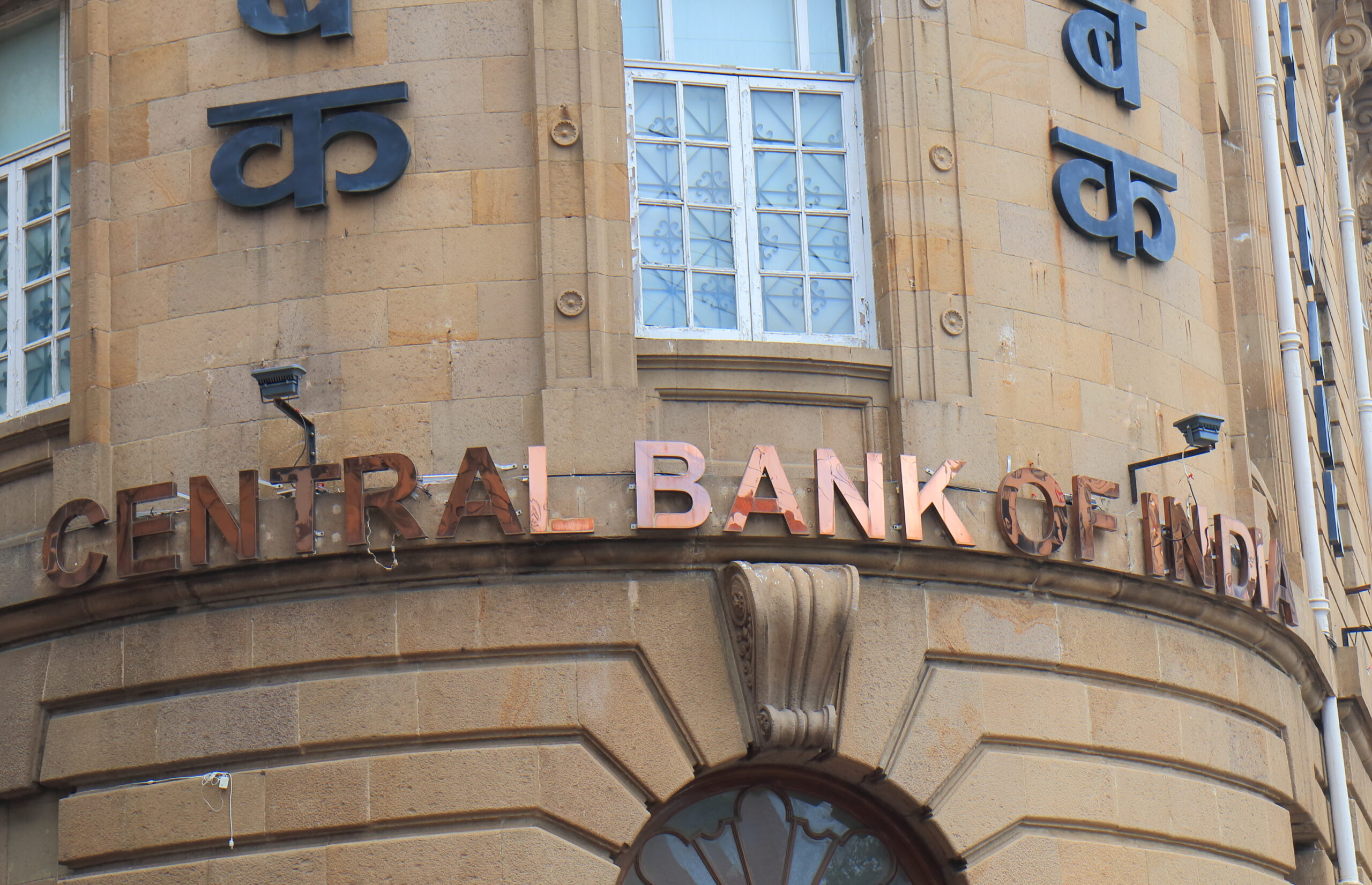Key Insights:
- RBI stands firm against cryptocurrencies, citing risks to monetary stability and consumer safety in India’s evolving financial landscape.
- India explores CBDCs as a stable alternative, with the digital rupee embodying innovation in regulation and consumer protection in finance.
- Amidst global debates, India’s cautious approach towards private cryptocurrencies reflects a balance between innovation and economic security.
The Reserve Bank of India (RBI) has recently fortified its position against integrating cryptocurrencies into India’s financial framework. This move comes amidst ongoing debates about the global role and regulation of digital currencies. RBI officials have expressed concerns over the potential macroeconomic destabilization that these assets could cause, particularly in emerging and developed markets.
The RBI’s Argument Against Crypto Integration
High-ranking officials at the RBI have communicated through local media channels their belief that cryptocurrencies, in their present form, offer limited advantages as regulated financial instruments. They argue that these digital currencies’ inherent volatility and speculative nature align them more closely with high-risk gambling than stable financial assets. This perspective aligns with the broader global skepticism regarding the adoption of cryptocurrencies in mainstream finance.
The RBI has consistently expressed apprehension regarding private cryptocurrencies. Their concerns revolve around issues such as monetary stability, the sovereignty of national currency, consumer protection, and the potential for cryptocurrencies to be used in illegal activities like money laundering and financing terrorism.
CBDCs: A Safer Alternative
In contrast to its view on private cryptocurrencies, the RBI advocates adopting Central Bank Digital Currencies (CBDCs). The RBI believes CBDCs, like the digital rupee, represent a safer and more stable alternative to private digital currencies.
Launching the digital rupee is a key development in embracing digital innovation within the financial sector. CBDCs are designed to bring the benefits of digital currencies while ensuring they adhere to regulatory standards, safeguard consumer interests, and maintain financial stability.
Deliberating Future Cryptocurrency Regulations
The Indian government’s approach towards regulating cryptocurrencies continues to be a topic of vibrant debate. Options under consideration vary from the creation of stringent regulatory structures to the potential prohibition of private digital currencies. This prudent strategy is in harmony with the policies highlighted in the G20 New Delhi Leaders’ Declaration, which was presided over by India. This declaration emphasized the necessity of bespoke regulatory frameworks designed to suit various nations’ distinct economic and regulatory environments.
As India continues to navigate the complex landscape of digital currency regulation, its policymakers are focused on striking a balance. The goal is to explore the potential benefits of digital currency innovation while ensuring economic stability and consumer protection remain paramount.
Editorial credit: TK Kurikawa / Shutterstock.com
